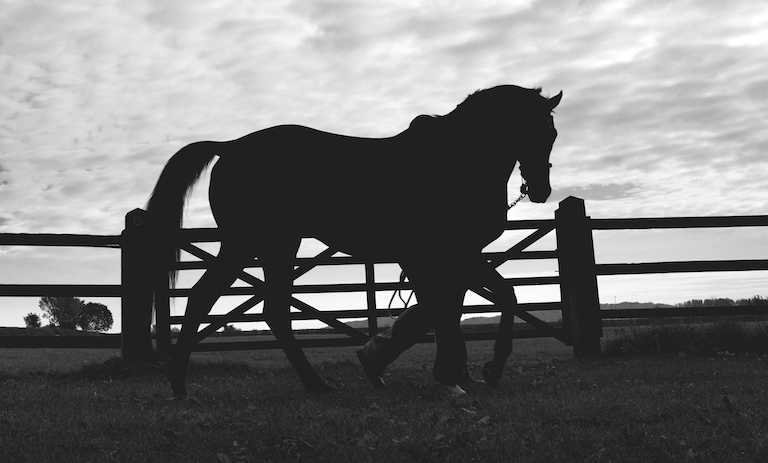A personal appreciation of an old favourite
2nd January 2023

One of the hardest parts of being an animal owner is knowing that our beloved companions are likely to die before us. The death of a famous racehorse provides a different kind of gut punch but it is no less palpable for racing tragics – and within that group I include most TDN readers. To love this sport, it is inevitable that certain horses, usually unconnected to us and varied in their levels of greatness, have particular resonance in our lives. For me, Kayf Tara was one of them, and in his day he was just about as great as they come.
Born at Meon Valley Stud the year after his brother Opera House won three of the best Group 1 races of the British summer, it was no surprise that Kayf Tara also ended up in Sheikh Mohammed’s ownership. But there was no guarantee that he would end up as good, despite the fact that he was by Sadler’s Wells and a member of Reprocolor’s burgeoning family.
The form book now relates that he dazzled in a different way, in all the major staying races, but with a profile that would always make him a hard sell at stud, to flat breeders at least. It was to the good fortune of British National Hunt breeding that Kayf Tara’s retirement coincided with Simon Sweeting taking on Overbury Stud with a mind to starting up a stallion business of his own. Simon’s own good luck came in the form of Sheikh Mohammed deciding to send him the horse to stand among the Cotswold hills in proper jumping territory. That luck endured as his owner continued to rebuff offers for the horse from across the Irish Sea as his prowess in that sphere started to become apparent.
Not all breeders loved Kayf Tara instantly though. They criticised his hind leg, and the fact that he remained lithe and a little angular throughout his life perhaps didn’t help his cause, but I loved the fact that you could always see the racehorse within, the supreme athlete that he once was. In Kayf Tara’s early days at Overbury, Simon, a former assistant to Henry Cecil, would ride him around the farm. I became a little closer to one of my favourites when I went to work for Darley in 2003. Sure, I had Singspiel, Machiavellian and Fantastic Light to gaze upon at Dalham Hall but the equine rock star I really wanted to hang out with was Kayf Tara, so I found various excuses for trips to Overbury from Newmarket. Even after moving on from Darley, I never really moved on from Kayf Tara, and Simon and his wife Lara have had to put up with umpteen visits from me over the years, occasionally with a mare in tow, usually with a camera over my shoulder, always with a detour to the biggest box in the corner of their lovely main yard to pay my respects to the stud’s most important resident.
I know I’m not the only one who thinks of him as that. Simon, Jo, Dan, and all the team there will feel his absence the most and have no doubts as to his importance in establishing Overbury Stud as a stallion farm of note. Breeders great and small have been helped by Kayf Tara, one of the few British jump stallions who could lure mares from Ireland. Regrettably, the only foal I have ever had die at birth was by him. Superstition and utter stupidity prevented me from sending the mare back that season.
As his reputation as a stallion grew and more people started taking him seriously, every major winner by Kayf Tara somehow felt like a small personal triumph, however stupid it may sound. I cheered for them as if I owned them myself, and none more loudly than the wonderful Carruthers, bred by one of the greatest human heroes of the turf, Lord Oaksey. Clearly I played no part in Kayf Tara’s success: that is all his own and down to the people who worked alongside him throughout his 20 years of active service at Overbury. I just didn’t want to hear a bad word said about him, and soon enough there wasn’t.
It was an immense privilege to be able to see him so frequently throughout his decades at Overbury Stud, especially one last time in September. New boy Golden Horn was supposed to be the star of the show that day at a special parade to introduce him to breeders, but there was always one brighter star there while Kayf Tara lived and the old boy drew an appreciative round of applause as he too had his moment in the spotlight, even in retirement.
That Kayf Tara should have gone quietly at such an advanced age, in the first proper cold snap of winter, on a beautiful bright morning in the paddock that has been his home for so many a year is the way we should wish for all horses to leave, even though we wish they never had to leave us at all.
